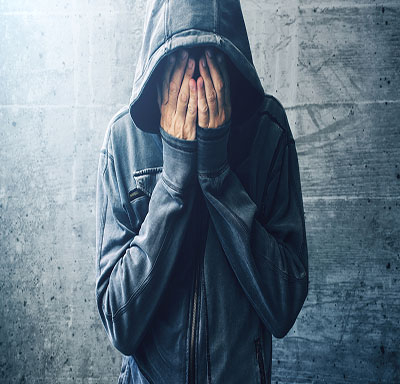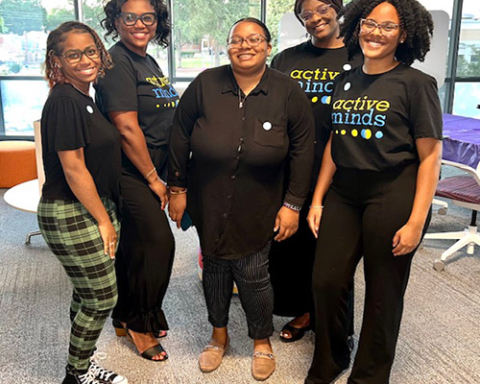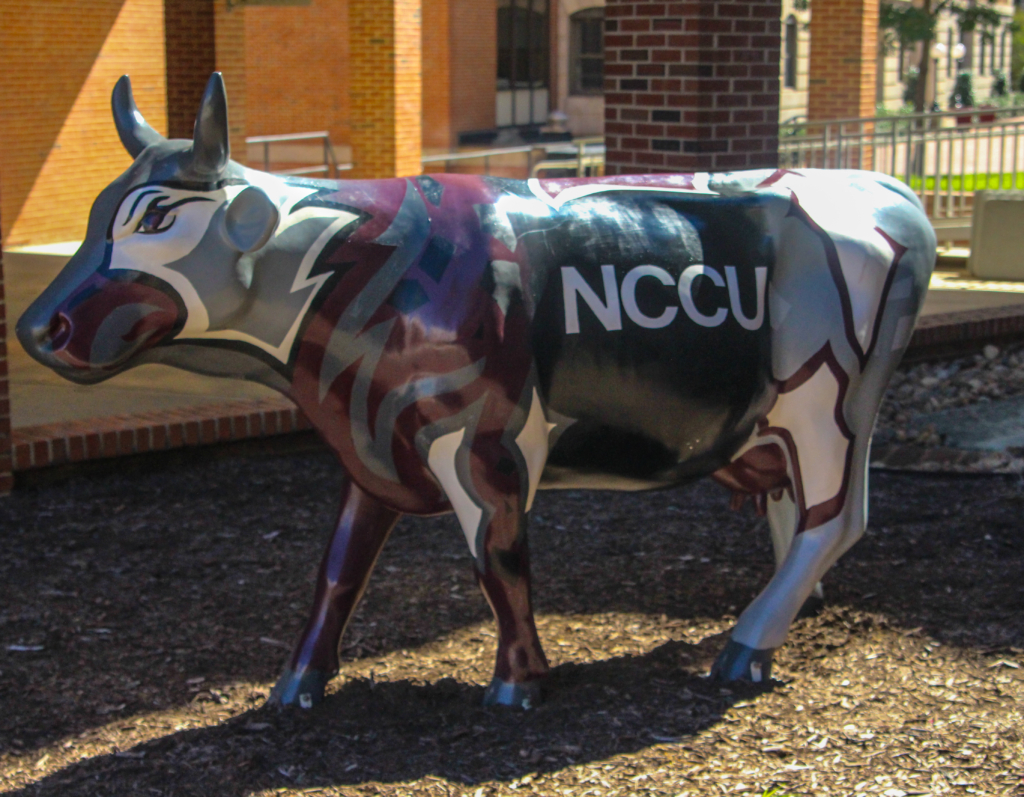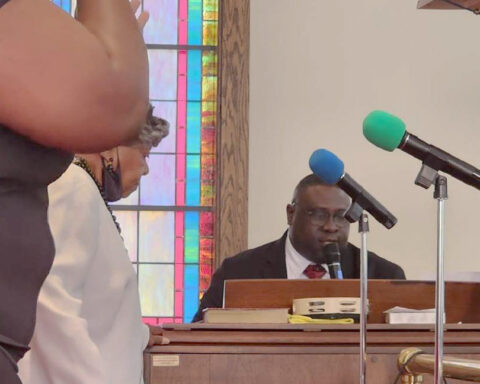Some people look forward to cool, breezy October days at the park watching colorful leaves fall because they’re looking forward to the holidays. Others see it as a reprieve from an invisible illness they’ve been dealing with for months known as seasonal affective disorder.
Rushing to work while tying up his Nike sneakers and pulling down his hat to match, N.C. Central University graduate Sha’Meire Jackson would be fashionably late, but still excited to be there. That’s not always the case: on hot, summer days, he’s sluggish and quiet, trying to ignore his symptoms. He suffers from seasonal affective disorder (SAD) every summer until the fall comes around to save him.
“I didn’t realize I had depression until I got out of it,” Jackson said. “It was probably like March or May when I started to see a difference in myself. I was in a real dark place. I didn’t want to be bothered by anyone. I didn’t want to be around people, and at the time I had a house full of people. It was like I was suffocated in my own house. I was just helping out all these people out, but I wasn’t helping myself. I was unconsciously falling into a deeper, darker place. ”
Jackson now an upcoming rap artist overcoming S.A.D., using his music to drive others to chase their dreams.
On the other hand, summertime is the best part of year for some who deal with S.A.D. Not even a pumpkin spice latte can’t cheer this Charlotte native, college student up.
Ebony Burris, 21, said, “I figured out I had it in college when it became worse than high school, and it really started to hit. It happens around in the fall time (around October) and last until about March (Her birthday is in March). It pretty much affects me the same way, but sometimes depending on what is going on in life it might be worse or better I don’t really talk about it, I just tried to get through it. I don’t do any coping.”
Jackson said, “The fact about it is you’re not alone, a lot of people go through it. We need to talk about it more, because it’s not brought up enough. Don’t feel like you’re going to be judged if you speak on it. It’s always better out than in.”
But Jackson isn’t alone, according to “College students’ mental health is a growing concern, survey finds” on American Psychological Association, “Ninety-five percent of college counseling center directors surveyed said the number of students with significant psychological problems is a growing concern in their center or on campus, according to the latest Association for University and College Counseling Center Directors survey of counseling center directors. Seventy percent of directors believe that the number of students with severe psychological problems on their campus has increased in the past year.”
Jackson still struggle with with SA.D., but he passes it with a more optimistic mindset. If he has trouble with his condition he just makes more music to express himself. Burris is also coping more with her problems by talking about it more and expressing it through daily conversations with close family members. “Talk more, worry less,” says Burris.
Today, she and Jackson can get through the seasons with little to no depressed mood. But like a lot of people who suffer from S.A.D., they take it day by day.
If you’re an NCCU student and suffering from S.A.D. please contact the NCCU Counselor Center at 919-530-7646.


















